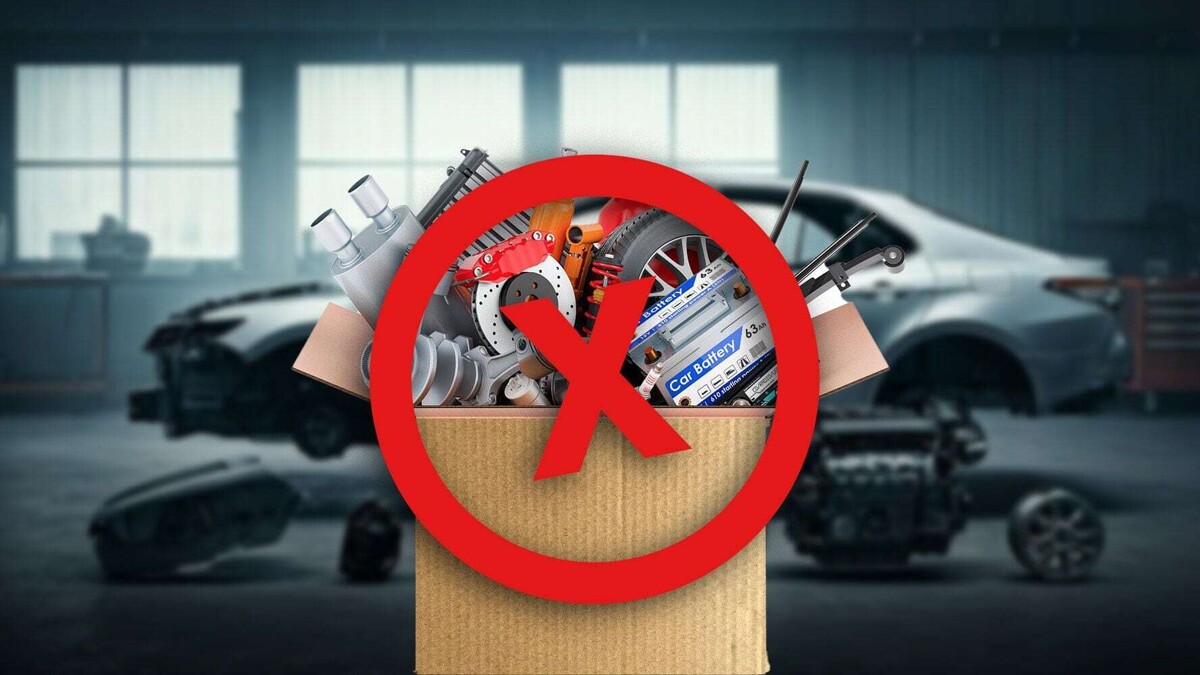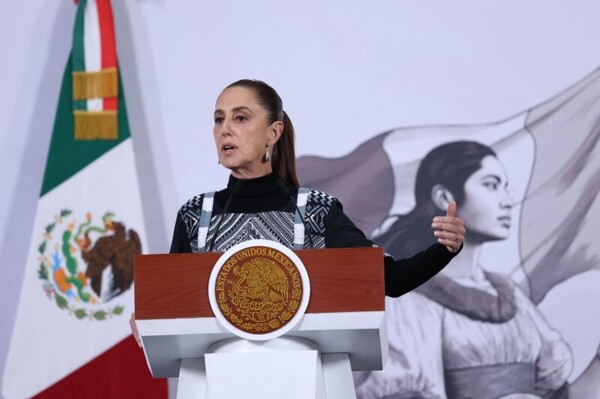
The automotive industry in Mexico faces significant problems, as 8.2 percent of vehicles and 20.4 percent of auto parts exported to the United States do not comply with the origin rules of the USMCA. This puts them at risk of being taxed with a 25 percent tariff imposed by President Donald Trump. In response, some companies have opted to use the Most Favored Nation mechanism to access the US market.
Rogelio Garza Garza, president of the Mexican Association of the Automotive Industry (AMIA), expressed the sector's confidence in achieving a successful negotiation to avoid the imposition of tariffs and maintain free trade established by the USMCA. Donald Trump has postponed the application of tariffs on cars manufactured in Mexico and Canada until April 2, the date on which he will announce specific tariffs by sector.
There are two ways to export vehicles to the United States: by complying with the Regional Content Value (RCV) of the USMCA, which grants a zero tariff rate upon reaching 75 percent of said content, or through the Most Favored Nation mechanism, which involves a 2.5 percent tariff. Those companies that fail to adjust to the USMCA or the Most Favored Nation mechanism will be at risk of facing tariffs in April.
Trump has ordered a one-month pause on the imposition of the 25 percent tariff on goods exported from Mexico, as long as they comply with the provisions of the USMCA. Despite the uncertainty generated by tariff threats and rising inflation in the United States, negotiations between the government and companies are intensifying in search of an agreement that allows for the maintenance of trade preferences established under the USMCA.














